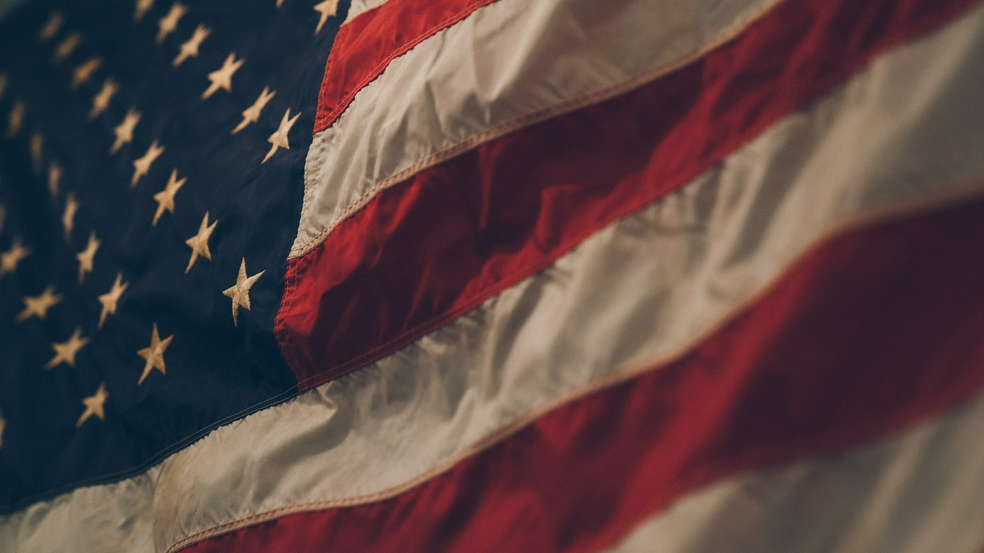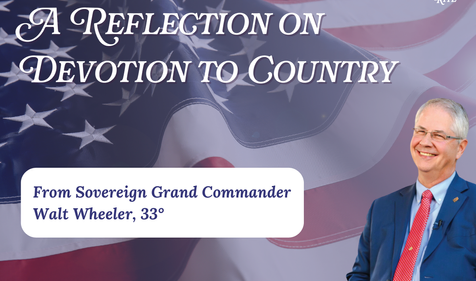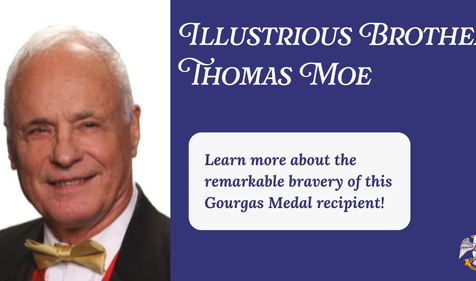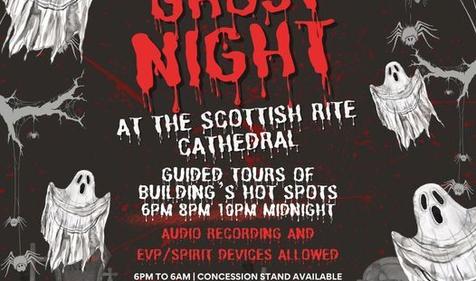In this book review of Tribe: On Homecoming and Belonging by Sebastian Junger, we explore how Freemasonry ties into the book’s themes of brotherhood and belonging and how our Masonic values call us to support our country’s veterans.
This summer, we’ve been working through our reading list of Masonic books and writings by our fellow Brother Masons. But when read through the eyes of a Mason, even non-Masonic books can be rich with connections to Freemasonry.
Most recently, we read Tribe: On Homecoming and Belonging by Sebastian Junger and were struck by how neatly Freemasonry ties into the book’s themes of brotherhood and belonging.
The Need for Brotherhood in Modern Society
In Tribe, Junger explores how modern Western society has eroded the sense of community that is so vital for us as human beings. The stories in Tribe range from those of tribal societies, to combat troops, to communities that band together in the face of disaster or war. All, however, share a common thread: humans crave belonging to something larger than themselves.
But in our contemporary society, the rise of individualism has made it harder than ever to feel like part of a community. We often live far away from our families, and many of us never make the effort to get to know our neighbors. These societal changes have caused a “loneliness epidemic” for those without adequate social support systems.
That’s where Freemasonry comes in. The craft provides men with a community where they can feel connected to one another, combating these modern-day problems of loneliness and isolation. In Tribe, Junger describes “belonging” as a focus on our shared humanity and common interests, rather than dwelling on our differences. The teachings and values of Masonry unite men from all walks of life and give them a sense of belonging in our Brotherhood.
Our happiness also depends on having a sense of purpose. Junger writes: “Humans don't mind hardship, in fact they thrive on it; what they mind is not feeling necessary.” So another key benefit of fraternities like 32° Scottish Rite Freemasonry is that they provide concrete ways for men to come together and work for a common cause. As Masons, we make a solemn commitment to support our Brothers. In the Scottish Rite, Northern Masonic Jurisdiction, we live out this obligation through our Scottish Rite Benevolent Foundation charities. Through these charities, Brothers band together to put their Masonic values into action and lend a helping hand in times of need.
A Call to Support Our Veterans
Another major topic that Junger tackles in Tribe is the prevalence of post-traumatic stress disorder (PTSD) in returning military veterans. Junger draws on the latest psychology research to reveal that alienation of veterans upon re-entry to society is the biggest contributor to PTSD, even more so than the extent of the traumas they experienced on the battlefield.
Recovering from the traumatic aspects of war becomes doubly challenging for veterans as transitioning back into our society requires adjusting from days spent in the close-knit brotherhood of their fellow soldiers to the comparative isolation of their civilian lives. Tribe invites us to better support our veterans and make our society one worth returning to.
In 32° Scottish Rite Freemasonry, one of our core values is devotion to country. We are proud to count among our Brothers many veterans who have bravely served their country in the pursuit of peace and freedom. Our Sammy Lee Davis, Defender of Peace and Freedom Veterans Recognition Program is just one way that we honor the dedication of our veteran members. Beyond formal recognitions, we also support our veterans on a Brother-to-Brother level, providing the camaraderie and connection that men crave, but that broader society so often fails to deliver.
For Masons, Tribe: On Homecoming and Belonging serves as an important reminder of how much the world needs Masonry today. Not only does the brotherhood of Freemasonry help us to be more resilient in the face of modern challenges, but our Masonic obligation calls us to put our values into action and help our fellow man.
Have you found connections to Freemasonry in any of your summer reads? Comment below to discuss Tribe: On Homecoming and Belonging and share any other books where you’ve discovered Masonic themes.
Related Stories
Discover additional Scottish Rite blogs and news on this topic.
-
A Reflection on Devotion to Country from Sovereign Grand Commander Walt Wheeler, 33°
Leadership
Read More about A Reflection on Devotion to Country from Sovereign Grand Commander Walt Wheeler, 33°
-
Illustrious Brother Thomas N. Moe Awarded the Gourgas Medal for Exemplary Service to Freemasonry and Humanity
News
Read More about Illustrious Brother Thomas N. Moe Awarded the Gourgas Medal for Exemplary Service to Freemasonry and Humanity
-
Valley of New Castle Finds Non-Traditional Way to Raise Funds
Inspiration
Read More about Valley of New Castle Finds Non-Traditional Way to Raise Funds



